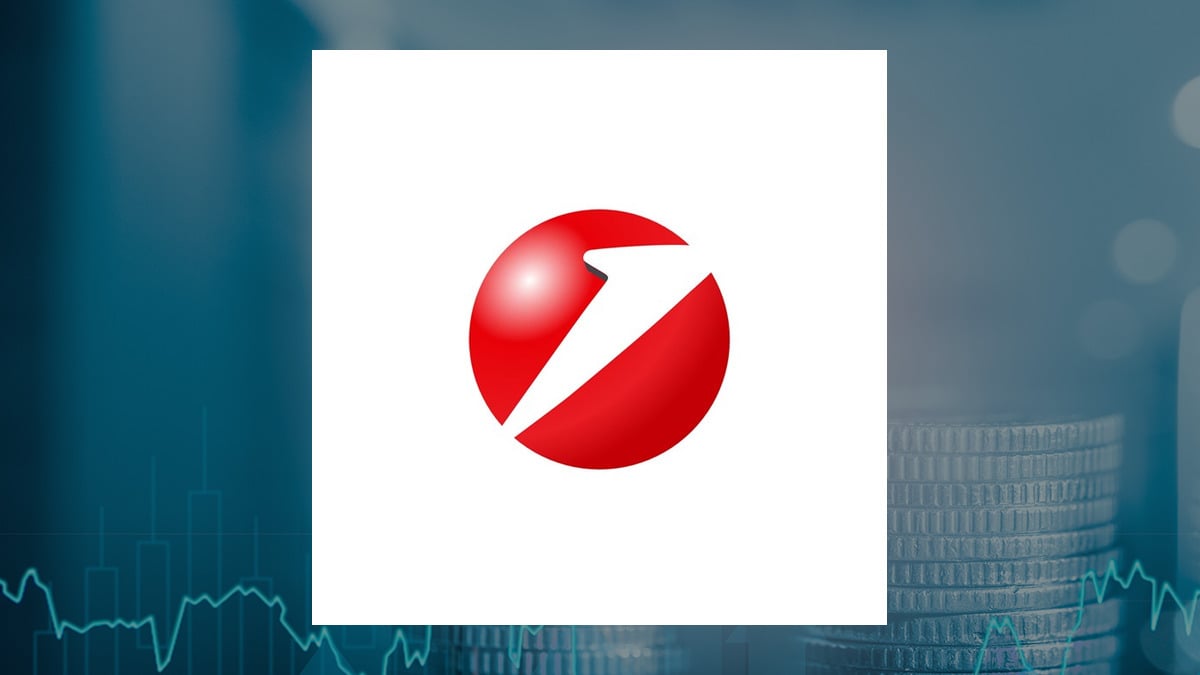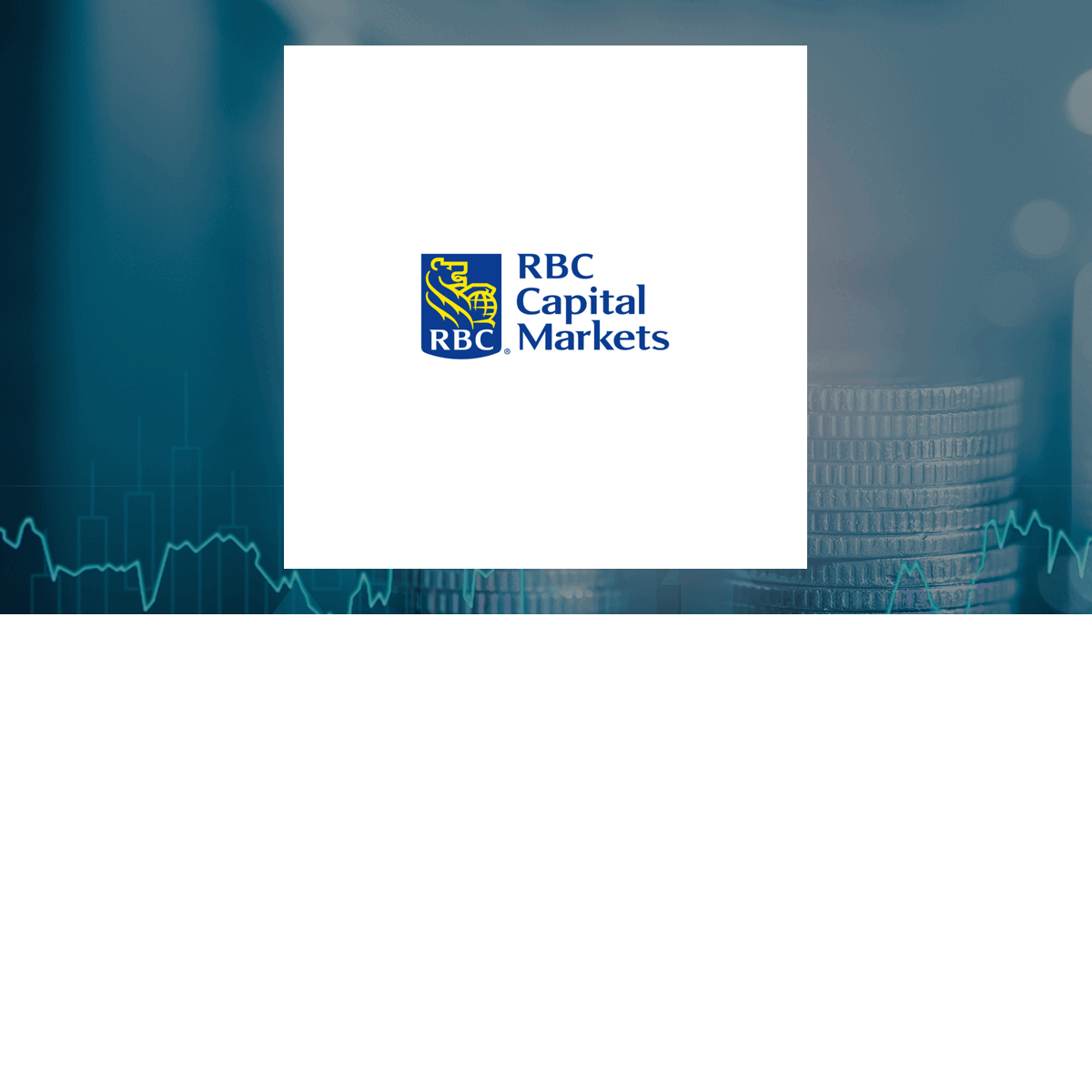UniCredit (OTCMKTS:UNCRY – Get Free Report) and Royal Bank Of Canada (NYSE:RY – Get Free Report) are both large-cap finance companies, but which is the superior investment? We will compare the two businesses based on the strength of their risk, valuation, analyst recommendations, profitability, earnings, dividends and institutional ownership.
Analyst Recommendations
This is a summary of current ratings for UniCredit and Royal Bank Of Canada, as provided by MarketBeat.com.
| Sell Ratings | Hold Ratings | Buy Ratings | Strong Buy Ratings | Rating Score | |
| UniCredit | 0 | 2 | 0 | 3 | 3.20 |
| Royal Bank Of Canada | 0 | 6 | 5 | 0 | 2.45 |
Royal Bank Of Canada has a consensus target price of $177.50, suggesting a potential upside of 20.50%. Given Royal Bank Of Canada’s higher possible upside, analysts clearly believe Royal Bank Of Canada is more favorable than UniCredit.
Dividends
Risk and Volatility
UniCredit has a beta of 0.94, meaning that its stock price is 6% less volatile than the S&P 500. Comparatively, Royal Bank Of Canada has a beta of 0.86, meaning that its stock price is 14% less volatile than the S&P 500.
Valuation & Earnings
This table compares UniCredit and Royal Bank Of Canada”s revenue, earnings per share (EPS) and valuation.
| Gross Revenue | Price/Sales Ratio | Net Income | Earnings Per Share | Price/Earnings Ratio | |
| UniCredit | $48.38 billion | 2.46 | $10.52 billion | N/A | N/A |
| Royal Bank Of Canada | $98.71 billion | 2.10 | $11.92 billion | $9.47 | 15.55 |
Royal Bank Of Canada has higher revenue and earnings than UniCredit.
Profitability
This table compares UniCredit and Royal Bank Of Canada’s net margins, return on equity and return on assets.
| Net Margins | Return on Equity | Return on Assets | |
| UniCredit | N/A | N/A | N/A |
| Royal Bank Of Canada | 14.03% | 16.12% | 0.89% |
Insider and Institutional Ownership
0.3% of UniCredit shares are held by institutional investors. Comparatively, 45.3% of Royal Bank Of Canada shares are held by institutional investors. Strong institutional ownership is an indication that hedge funds, endowments and large money managers believe a company will outperform the market over the long term.
Summary
Royal Bank Of Canada beats UniCredit on 10 of the 15 factors compared between the two stocks.
About UniCredit
 UniCredit S.p.A. provides commercial banking services in Italy, Germany, Central Europe, and Eastern Europe. It offers retail, private, and wealth management solutions; and institutional investor solutions. The company also provides corporate finance advisory, rating advisory, financial sponsor, patient capital, capital structure advisory, and finance solutions, as well as securities services. In addition, it offers transactional and risk management, and strategic advisory and funding services; group trade and correspondent banking services; and payments and cash management solutions. The company serves SME, corporate, multinational corporate, financial institution, and public sector clients, as well as retail, private banking, wealth management, and family office clients. The company was founded in 1870 and is headquartered in Milan, Italy.
UniCredit S.p.A. provides commercial banking services in Italy, Germany, Central Europe, and Eastern Europe. It offers retail, private, and wealth management solutions; and institutional investor solutions. The company also provides corporate finance advisory, rating advisory, financial sponsor, patient capital, capital structure advisory, and finance solutions, as well as securities services. In addition, it offers transactional and risk management, and strategic advisory and funding services; group trade and correspondent banking services; and payments and cash management solutions. The company serves SME, corporate, multinational corporate, financial institution, and public sector clients, as well as retail, private banking, wealth management, and family office clients. The company was founded in 1870 and is headquartered in Milan, Italy.
About Royal Bank Of Canada
 Royal Bank of Canada operates as a diversified financial service company worldwide. The company's Personal & Commercial Banking segment offers checking and savings accounts, home equity financing, personal lending, private banking, indirect lending, including auto financing, mutual funds and self-directed brokerage accounts, guaranteed investment certificates, credit cards, and payment products and solutions; and lending, leasing, deposit, investment, foreign exchange, cash management, auto dealer financing, trade products, and services to small and medium-sized commercial businesses. This segment offers financial products and services through branches, automated teller machines, and mobile sales network. Its Wealth Management segment provides a suite of wealth, investment, trust, banking, credit, and other advice-based solutions and strategies to high net worth and ultra-high net worth individuals, and institutional clients; asset management products to institutional and individual clients; and asset and investor services to financial institutions, asset managers, and asset owners. The company's Insurance segment offers life, health, home, auto, travel, wealth, annuities, property and casualty, and reinsurance advice and solutions; and business insurance services to individual, business, and group clients through its advice centers, RBC insurance stores, and mobile advisors; digital platforms; and independent brokers and partners. The company's Capital Markets segment offers advisory and origination, sales and trading, lending and financing, and transaction banking services to corporations, institutional clients, asset managers, private equity firms, and governments. The company was founded in 1864 and is headquartered in Toronto, Canada.
Royal Bank of Canada operates as a diversified financial service company worldwide. The company's Personal & Commercial Banking segment offers checking and savings accounts, home equity financing, personal lending, private banking, indirect lending, including auto financing, mutual funds and self-directed brokerage accounts, guaranteed investment certificates, credit cards, and payment products and solutions; and lending, leasing, deposit, investment, foreign exchange, cash management, auto dealer financing, trade products, and services to small and medium-sized commercial businesses. This segment offers financial products and services through branches, automated teller machines, and mobile sales network. Its Wealth Management segment provides a suite of wealth, investment, trust, banking, credit, and other advice-based solutions and strategies to high net worth and ultra-high net worth individuals, and institutional clients; asset management products to institutional and individual clients; and asset and investor services to financial institutions, asset managers, and asset owners. The company's Insurance segment offers life, health, home, auto, travel, wealth, annuities, property and casualty, and reinsurance advice and solutions; and business insurance services to individual, business, and group clients through its advice centers, RBC insurance stores, and mobile advisors; digital platforms; and independent brokers and partners. The company's Capital Markets segment offers advisory and origination, sales and trading, lending and financing, and transaction banking services to corporations, institutional clients, asset managers, private equity firms, and governments. The company was founded in 1864 and is headquartered in Toronto, Canada.
Receive News & Ratings for UniCredit Daily - Enter your email address below to receive a concise daily summary of the latest news and analysts' ratings for UniCredit and related companies with MarketBeat.com's FREE daily email newsletter.
